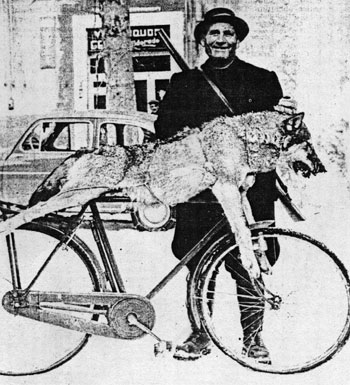Human Ethics as Violence towards Animals: the Demonized Wolf
DOI:
https://doi.org/10.13135/2038-6788/8693Parole chiave:
Specicidio, Violenza, LupoAbstract
This essay discusses how our traditional ethics may harbor assumptions that place humans in a position in which overt violence towards animals is an almost inevitable outcome since their formulation involves violence towards ourselves and our animal fellows in our cutting our embodied ties with them. The essay explores Derrida’s Animal that Therefore, I Am, in its detailing of the two discourses within European intellectual history of those who felt they were “above” animals and were not addressed by them versus those who could acknowledge that animals do address us. Derrida also cites the “lyconomy” of this tradition that brandishes the image of the “wolf” within us as a streak of rapacious violence that we can only fight with violence, thus projecting onto the wolf a false identity to justify our own demons of violence. Merleau-Ponty’s notions of embodiment further this idea that we are enmeshed with animals in a basic affective, perceptual and visceral way and that to ignore this interweaving of lives is to do violence to ourselves as well as violence towards them. I then cite ethologists for evidence that wolves are one of the most social, non-violent animals on the planet and detail how two million were slaughtered in the name of eradicating an “evil” being. Such behavior on our part I call “speciocide,” as heinous as genocide. Finally, phenomenology, as one particular philosophical approach, may have a critical edge in helping us to see (or literally perceive) our animal fellows more clearly, to understand them better, and discern our truer moral obligations to them.



